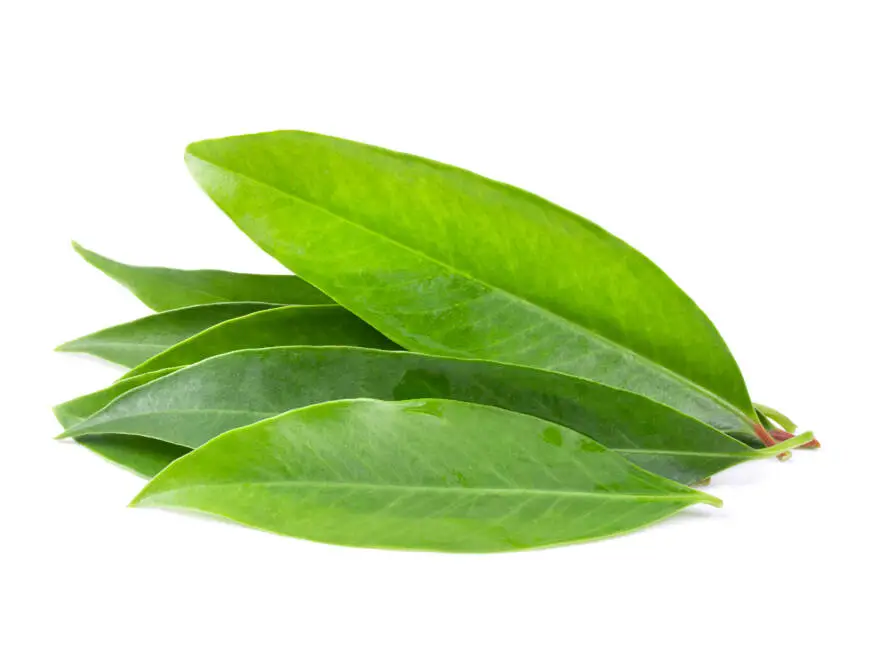California Poppy: An In-Depth Overview
The California poppy is a vibrant and versatile plant known for its diverse uses. Native to California, this flower has also spread into parts of central Europe and southern France. It stands out not only for its beautiful orange-yellow flowers but also for its therapeutic properties, including sedative and antispasmodic effects. Unlike the red poppy, the California poppy is not addictive, making it a safer option for those seeking natural remedies.
Common Names
- California poppy
- Golden poppy
- California sunlight
Scientific Classification
- Latin Name: Eschscholzia californica
Uses of California Poppy
The California poppy has a variety of applications, particularly in herbal medicine:
Relieving Toothaches: The plant has analgesic properties that may help relieve dental discomfort.
Alleviating Headaches: Its calming effects can help reduce the tension and discomfort associated with headaches.
Reducing Anxiety: The sedative qualities of California poppy make it effective for those dealing with stress, anxiety, or restlessness.
Promoting Sleep: Many people use California poppy to improve sleep quality, particularly for those with insomnia or disrupted sleep patterns.
Addressing Mild Colic and Tension in Children: The California poppy is sometimes used in pediatric herbal formulations to soothe colicky babies or alleviate tension.
Historical and Cultural Context
Native Americans historically employed the California poppy for various medicinal purposes. They used the leaves to treat ailments, while the pollen was used for cosmetic purposes, such as skin soothing. The poppy’s mild sedative effects have been recognized over time, and it can even be smoked, though this method does not produce the intense effects associated with opium.
Application Methods
California poppy can be used in several forms, depending on the desired application:
Tea: Steeping the dried flowers and leaves in hot water can create a calming tea that encourages relaxation and eases anxiety.
Tincture: An alcohol-based extraction of the poppy can be used for a more concentrated effect. This tincture can be taken sublingually (under the tongue) for quicker absorption.
Capsules: Easily taken as supplements, these capsules offer a straightforward way to benefit from the poppy’s effects.
Topical Application: Creams or ointments containing California poppy extracts can be applied directly to the skin for localized relief.
Scientific Research
Research on California poppy remains limited, underscoring the need for further studies to understand its effectiveness and safety fully. While anecdotal evidence supports its uses, rigorous clinical trials are necessary to substantiate these claims. Current studies examine the plant’s sedative properties, potential interactions with other medications, and its overall safety profile.
Side Effects and Cautions
Due to the lack of extensive research, the side effects and cautions associated with California poppy remain largely undocumented. While many users report no adverse effects, there is always potential for individual reactions. Some general precautions include:
Pregnancy and Breastfeeding: Pregnant or nursing women should avoid California poppy due to insufficient data on its safety during these times.
Medication Interactions: Those taking sedative medications or other pharmaceuticals should consult with a healthcare provider before using California poppy to prevent possible interactions.
In conclusion, the California poppy offers a variety of therapeutic benefits and a rich history of use. While it’s generally considered safe, especially compared to other poppy species, further research is essential to validate its efficacy and uncover any potential risks. If you’re intrigued by natural remedies and exploring options for anxiety, sleep issues, or mild pain relief, the California poppy may warrant consideration. Always consult a healthcare professional before starting any new treatment.
Resources
- Drugs.com
- Wikipedia.com
- We Need Sleep website
This summary highlights the key aspects of California Poppy, including its traditional uses, potential benefits, and safety considerations.
Disclaimer
The information I’ve shared about herbs is for educational purposes only and is not meant as medical advice. While many herbs have been traditionally used for their potential health benefits, individual responses may vary, and the effectiveness of herbs can depend on various factors, including personal health conditions and interactions with medications. It is essential to consult with a qualified healthcare professional or a licensed herbalist before using herbs for medicinal purposes or making significant changes to your health regimen. This information should not be considered a substitute for professional medical advice, diagnosis, or treatment.


